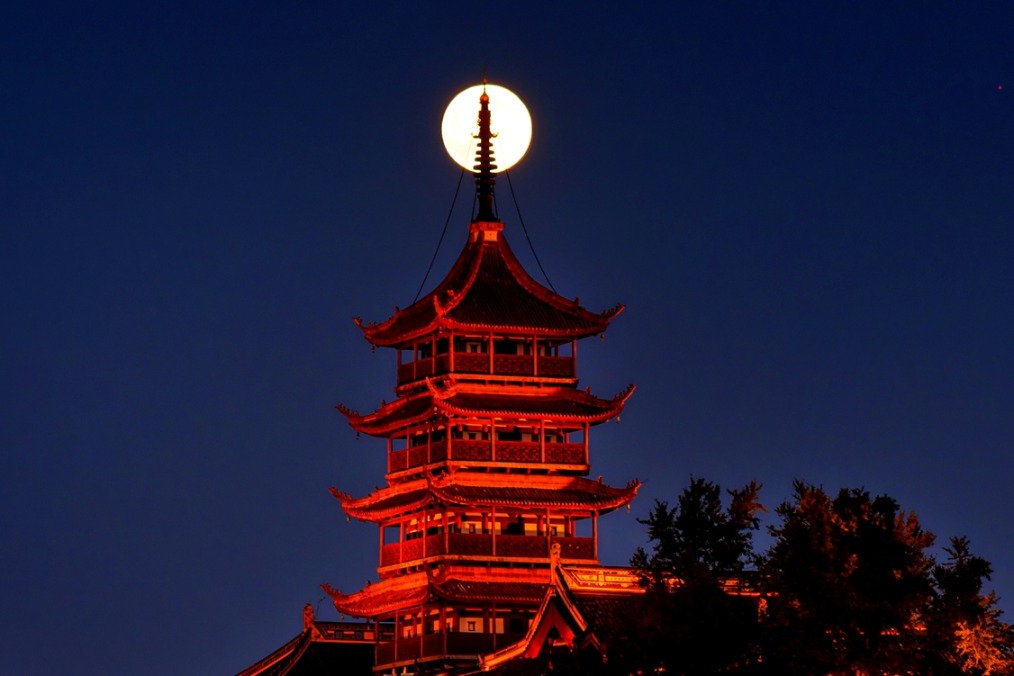Official: Eco-protection not stifling economic growth


Despite downward economic pressure, China will not relax its efforts to strengthen environmental governance, a senior official said on Thursday.
Xu Bijiu, director of the general office at the Ministry of Ecology and Environment, dismissed concerns that intensified efforts would hinder the country's economic development.
Xu said at a news conference in Beijing that there had been suggestions that environmental protection had exerted a negative impact on the economy in recent years, with those concerns heightened as downward economic pressure continues.
But Xu said that despite such pressure, the ministry will stick to the path of pollution control and spare no efforts in the campaign, as required by President Xi Jinping at the annual Central Economic Work Conference that ran from Dec 10 to 12.
Xu said 90 percent of the work had been done but the remainder would be the most challenging, adding that with the campaign in its final phase, the ministry has no choice but to keep moving forward.
He also said economic data showed enhanced environmental governance efforts could actually boost development. "Most of the industrial sectors confronting marked economic downturns are not those listed as key targets in environmental governance," Xu said.
In addition, industries with high-energy consumption-such as steel, construction materials and power generation-which were key targets in the pollution control campaign, saw higher increases in their value-added production than the average for the entire industrial sector in the first 11 months of this year, Xu said.
For example, the steel sector saw year-on-year growth of 10.7 percent, over 5 percentage points higher than the average for the entire industrial sector, he said.
Many key regions targeted for pollution control have also seen marked growth in many industries in the first 11 months this year. Shandong province, for example, saw the production of its cement industry increase by 9 percent and that of its coke industry rise by 24.8 percent, he added.
The nation has seen a harmonious, win-win relationship between economic development and environmental protection, Xu said.
As the country's GDP shot up from 59 trillion yuan ($8.43 trillion) in 2013 to 90 trillion yuan last year, air quality improved significantly. China began to monitor PM2.5 particulate matter in 74 major cities in 2012. From 2013 to 2018, those cities saw PM2.5 concentrations fall by an average of 42 percent and sulfur dioxide concentrations fall by an average of 68 percent, he said.
Environmental protection and economic protection are not in conflict with each other, Xu said.
"As the country enters a high-quality development stage, enhanced efforts on environmental protection could play a role in boosting economic growth while exerting no negative impact on the economy," he added.
- China surpasses 100 million kW in new energy storage
- HRC Group's LEU100 drone debuts at CIIE, targeting China's low-altitude mobility sector
- Bird-watching festival in Yunnan unveils new avian discoveries
- Shandong's Zhanhua winter jujube a modern success story
- Outstanding Chinese medical workers honored at Hunan event
- Large dolomite deposit discovered in Gansu




































